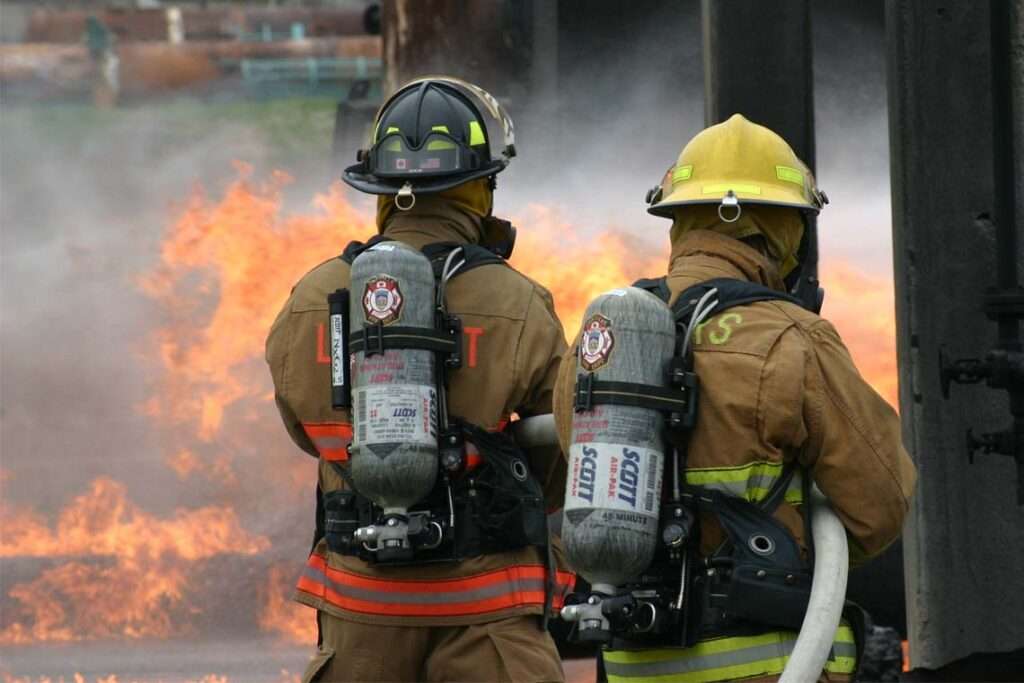Moral Compass
The way we understand our experiences is strongly influenced by the moral fibres that construct our definitions of service before self. These are part of a collective consciousness inside of the cultures we belong to as First Responders or still feel tied to as Veterans. Through explicit and implicit learning, we gradually become imparted with core beliefs and values. These act as part of a moral compass that helps situate us in the present and directs us towards a future.

Unique social practices in your crew, fire team, or squad, for example, are meant to foster a strong interdependence needed to create faith in those serving beside us. For example, if you are a member of the Military, your fire team should be thought of as family. As part of this process, we freely gave up our autonomy to place service before self. Lower-level needs (i.e., shelter, safety, etc.) become secondary and higher-level needs (i.e., belonging, purpose, etc.) become foremost thoughts. This is critical in the contexts you find yourself in. This enculturation of collective beliefs and shared values necessarily becomes part of our own identity formation.
–We freely gave up our autonomy to place service before self.
Moral Misalignments
Events that undermine foundational beliefs about what is right and wrong can cause us to question this moral compass. Moral injuries shatter fundamental, identity-defining beliefs about service and why we serve. When we have difficulty assimilating events that strongly transgress expectations and violate deeply held beliefs and values, these interpretations of the world, others, and ourselves may become dismantled.
–Moral injuries shatter fundamenta, identity-defining belief about service and why we serve.
These injuries may be the result of having acted or witnessing others act in a way that violates these morals. For example, actions or inactions by a chain of command may undermine trust and loyalty in leadership. This betrayal violates belonging and may cause us to question our service. These injuries may also not be intentional. Perhaps the perception, real or imagined, of a personal failure in duty due to misjudgment or impossible circumstances.
Cultural Contexts & Moral Complexities
–Moral injuries share many overlapping features with other operational stress injuries (OSI) and likely add further complexity to clinical portraits by intensifying
From a clinical lens, we must understand cultural contexts and moral complexities associated with service to better understand the unique harms experienced by First Responders and still remembered by Veterans. Moral injuries share many overlapping features with other operational stress injuries (OSI) and likely add further complexity to clinical portraits by intensifying constellations of physical, psychological, and social dimensions of distress. Acknowledging and addressing underlying moral injuries may help to overcome fundamental barriers impeding effective engagement or outcomes in psychotherapy.
To learn more about Moral Injuries and their effects on First Responders and Veterans, book a Free 15-min Discovery Call with Richard Piekarckz-Vacca.